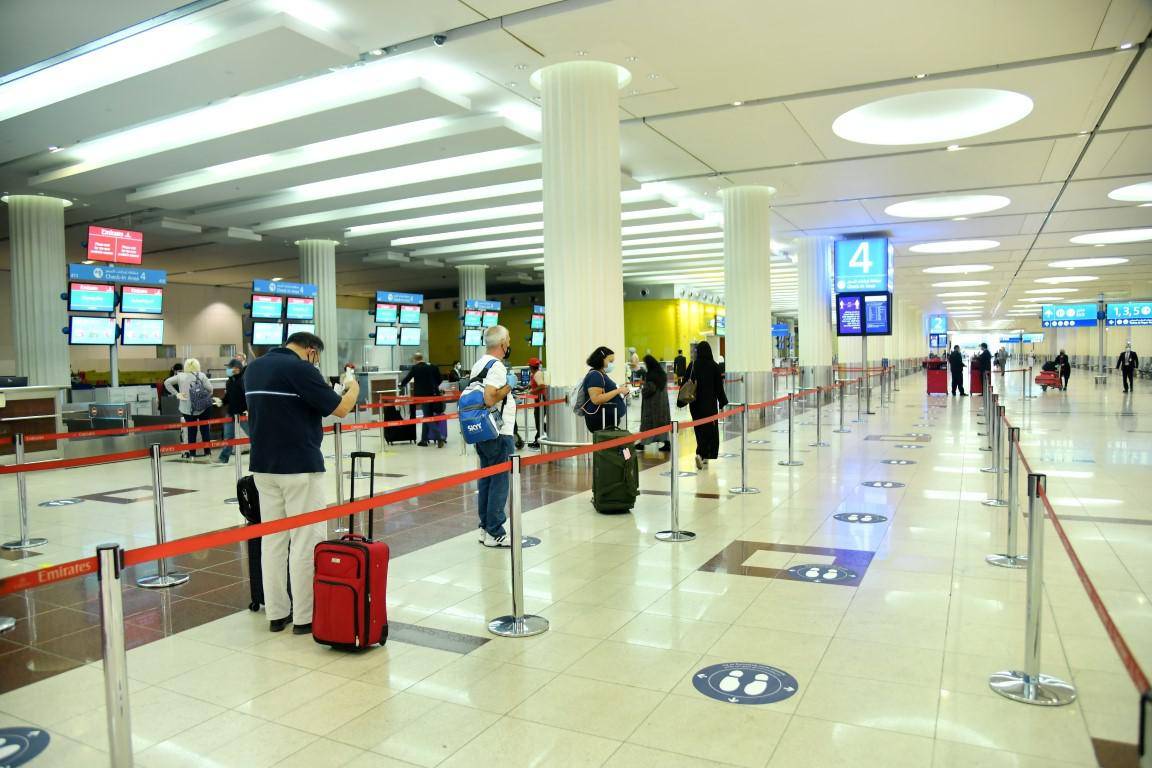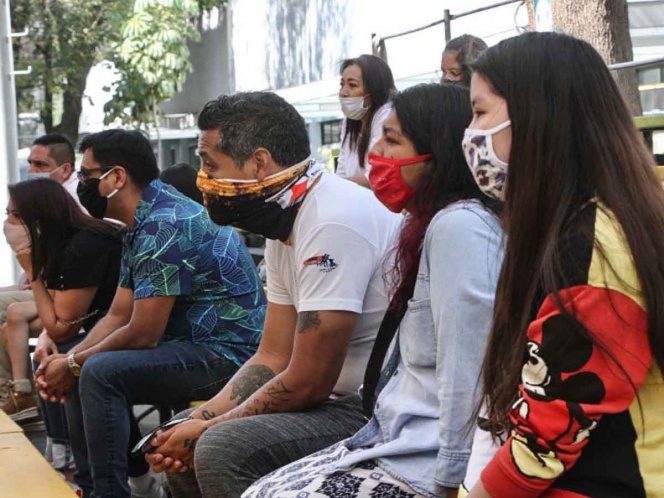The sustained strength of marketing margins (MM) and recovering demand for petroleum products is supporting the profitability of India’s oil marketing companies (OMC) against weak gross refining margins (GRM). It is lowering downside risks for their credit metrics, Fitch Ratings said.
Petroleum product sales for Indian Oil Corporation (IOC), Bharat Petroleum Corporation Limited (BPCL), and Hindustan Petroleum Corporation Limited (HPCL) surged by 22%-23% in the third quarter (Q3FY21) from the previous quarter. The recovery of domestic transportation fuel demand to near normal levels, barring aircraft fuel, and MMs on auto fuel at above pre-pandemic levels aided the sales.
However, reported GRMs dropped due to lower inventory gains and the improvement in underlying GRMs was limited by weakening product cracks and increasing crude oil prices.
IOC reported a Q3FY21 GRM of $2.2/barrel versus $8.6 in Q2FY21, BPCL reported $2.5 versus $5.8 and HPCL reported $1.9 versus $5.1. However, core GRMs excluding inventory gains were lower at $1.2 for IOC, $1.2 for BPCL and negative $1.0 for HPCL.
The agency expects above long-term average MMs from FY22, which should aid GRMs in the short term, partly recover past refinery investments and fund new investments over the medium term. GRMs are likely to rise to around $3.7-4.0/barrel in FY22 from $2.0-2.5 in FY21 on a better demand-supply balance as the economy recovers.
The net leverage at IOC, as measured by net debt/EBITDA, is expected to fall to below 3.5x and be adequate for its Standalone Credit Profile (SCP) of ‘bb+’ from FY21, as strong volume and MMs are supported by its petrochemicals diversification. Its Q3FY21 segment EBITDA increased by 61% qoq to Rs 2,000 crore.
IOC intends to maintain operational control of its pipelines even post part monetisation, should it choose to do so, given the pipelines’ vital role in its integrated business model. IOC owns around 14,600km of crude and product pipelines.
Dear Reader,
Business Standard has always strived hard to provide up-to-date information and commentary on developments that are of interest to you and have wider political and economic implications for the country and the world. Your encouragement and constant feedback on how to improve our offering have only made our resolve and commitment to these ideals stronger. Even during these difficult times arising out of Covid-19, we continue to remain committed to keeping you informed and updated with credible news, authoritative views and incisive commentary on topical issues of relevance.
We, however, have a request.
As we battle the economic impact of the pandemic, we need your support even more, so that we can continue to offer you more quality content. Our subscription model has seen an encouraging response from many of you, who have subscribed to our online content. More subscription to our online content can only help us achieve the goals of offering you even better and more relevant content. We believe in free, fair and credible journalism. Your support through more subscriptions can help us practise the journalism to which we are committed.
Support quality journalism and subscribe to Business Standard.
Digital Editor






More Stories
You were on vacation, retorts Amit Shah on Rahul’s fishery ministry jibe
Sara Ali Khan And Sister Inaaya In A Picture Perfect Moment
Bhagyashree looks summer-ready in this white cutwork dress, fans comment ‘gorgeous’